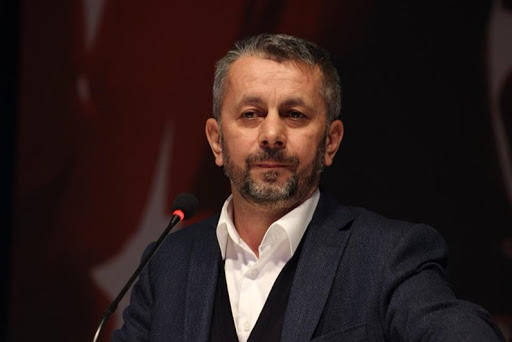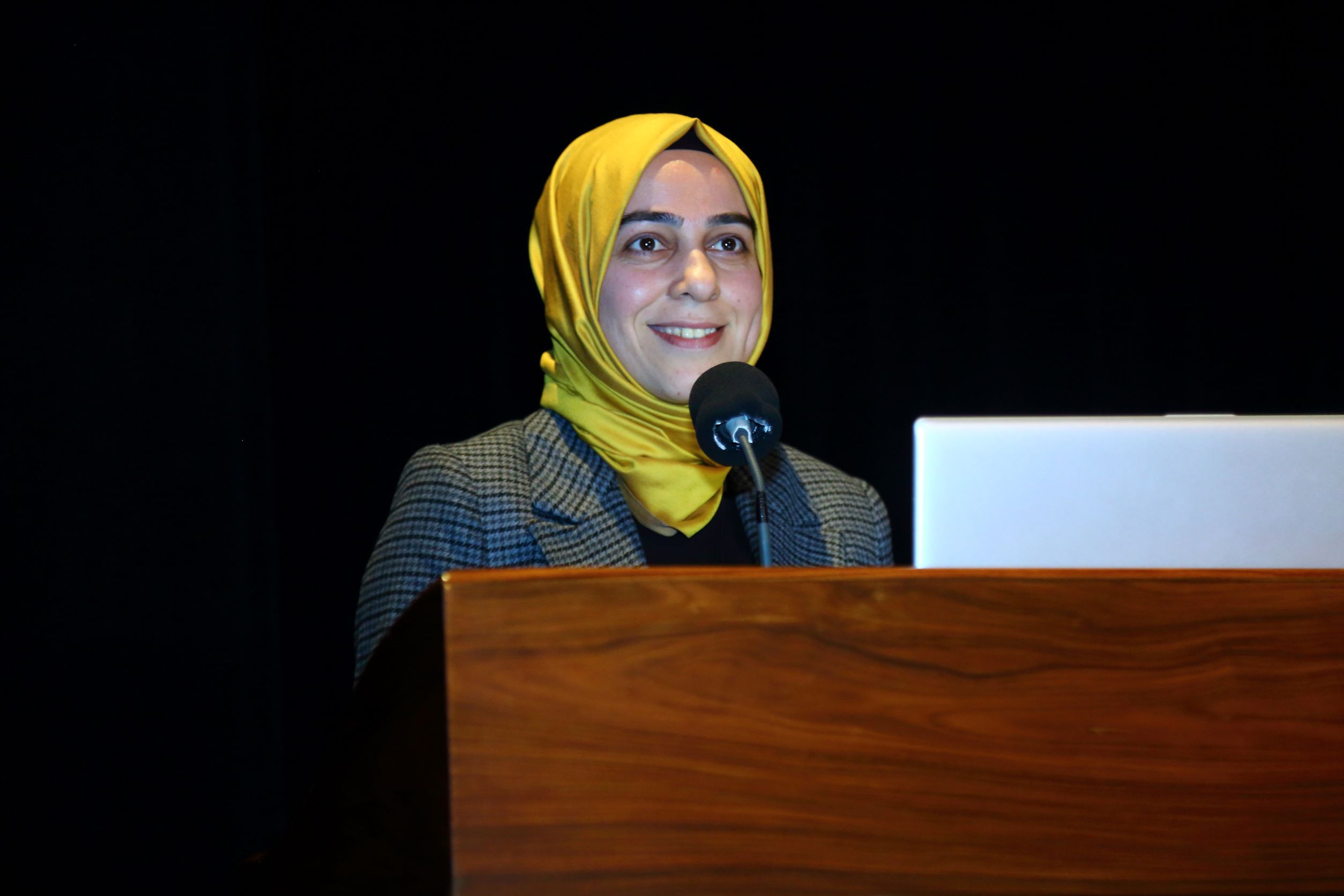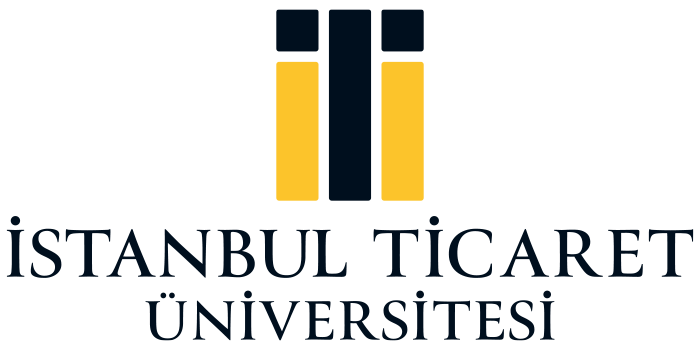
Women and History Congress
It is the “atmosphere of law and the right culture” that can protect the woman.
Women and History Congress was held in partnership with Istanbul Ticaret University, Fatih Sultan Mehmet Foundation University and the Union of Municipalities of Turkey. Speaking at the opening of the online congress, Istanbul Ticaret University Rector Prof. Dr. Yücel Oğurlu stated that issues such as the status of women in society, status of women as a wife and as a mother have been discussed throughout the history and that these statuses differ according to the cultural codes of societies. Prof. Dr. Oğurlu then presented examples of how women are viewed by different communities in different periods of history. He said, “It was Islam that delivered the rights of women as human beings and individuals, at a time, when they were not even given a name and called by numbers in China, when they were being burned along with their deceased spouse in India, when they were the subjects of purchase and sale contracts all over the world, and when they were identified with ‘evil and the devil’ in many primitive cultures”.
FROM BEING THE OBJECTS OF THE CONTRACTS, ISLAM HAD ELEVATED WOMEN TO BEING THE SUBJECTS OF THE CONTRACTS
Prof. Dr. Oğurlu stated that Islam, which brought revolutionary changes considering the respective age, ended the position of women being the objects of legal contracts, and noted that Islam caused women to become equal parties to the contracts in a way that no other culture had done so until then.
Prof. Dr. Oğurlu has said, “With Islam, women have risen from being an object to being a subject. Women had become a part of political and social life. Women had become a party to the marriage contract, and contrary to what is known, women were given the right to divorce their husbands. Women had also acquired the right to own property and dispose of them. During the time of the Prophet Mohammed, consultations were being held with women about management. However, after the time of the Prophet Mohammed, retrogression took place in many societies, and traditions that devalued women, namely the pre-Islamic jahiliyyah traditions, re-emerged”.
Prof. Dr. Oğurlu noted that today, women are abstracted from human identity and reduced to a sexual object or a piece of product in economic life. He said, “Men and women are primarily equal and valuable as human beings; they are not “enemies”, but are complementary to each other. Today, the view of women is a Eurocentric view that is of no relevance to our historical and cultural codes. What needs to be done is to build everything together. Turning men and women into a part of a never-ending conflict will be a new injustice done to women”.
Prof. Dr. Oğurlu said that the studies on women and women’s history both in Turkey and in the world are not sufficient, and pointed out that a very important part of the studies available was dominated by a Eurocentric view, which is not enough to protect women. Prof. Dr. Oğurlu drew attention to the need to develop a reasonable/rational and original understanding thereof, one with a universal content, where the cultural codes of the societies and the local cultural codes are not neglected.
FATMA ŞAHIN: WOMEN ARE VICTİMIZED IN SITUATIONS OF BOTH WAR AND MIGRATION
President of Union of Municipalities of Turkey and Mayor of Gaziantep Metropolitan Municipality Fatma Şahin started her speech by drawing attention to the fact that it is not possible to write the history of civilization, humanity and democracy without women, and said “History cannot be written without women, but the patriarchal view that has survived so far has caused a serious problem of abstracting women from historiography. However, the order established together by women and men has laid the foundations of the world. When we look at the Qur’an, we see the equality of men and women, and when we read the life of our Prophet, we see that women are the subject of society. Yet, we are still discussing the position of women in the 21st century. We are living in a period where the education of girls is a problem, and women and children suffer the most in situations of poverty, migration and war. We now need to quickly solve these problems and proceed in our journey of development”.
Emphasizing the role of women in city administrations, Fatma Şahin said, “We should think about how to build a woman-friendly, child-friendly, family-friendly city that puts women at the center. Infrastructure municipalism is now over. Social and cultural municipalism is on the rise. We must mobilize the mind and conscience of the city together as men and women. We are moving towards a new world where the information economy has come further into prominence after the pandemic. For this reason, we must generate an information economy where women and men are complementary to each other, and develop a perspective that focuses on the principle of merit”.
PROF. DR. ANDI: HISTORIOGRAPHY HAS REMAINED INDIFFERENT TO WOMEN
Fatih Sultan Mehmet Foundation University Rector Prof. Dr. M. Fatih Andı stated that the human understanding of historiography is one that ignores women, and said “We all would like to be known, to be remembered well, and to become part of history. For as much as, it is only humans among all beings who are able to realize that they have a history. Unfortunately, historiography has remained indifferent to this desire of wishing to be known and remembered of an entire gender, that is women, roughly half of all humans, from the very beginning. Women are almost invisible in historiography. Hence, according to the discipline of history, it is like women never wrote the history and were never recorded in the history”.
Reminding that two of the founding foundations of Fatih Sultan Mehmet Foundation University are the legacy of important female figures, Prof. Dr. M. Fatih Andı said, “Nurbanu Valide Sultan and Hatice Turhan Sultan are two of the active women of our history who could not be forgotten or made invisible. They used their political power for charity works, were fondly remembered for many works that are still standing today, and left strong foundations behind as their legacy. For this reason, as Fatih Sultan Mehmet Foundation University, we are particularly happy to contribute to the organization of the Women and History Congress. I believe that the Congress will make a valuable contribution to the studies conducted and to be conducted in this field”.
PROF. DR. AŞKIN ASAN: LOCAL ADMINISTRATIONS HAVE A LOT TO DO
Director of Istanbul Ticaret University Women and Family Application and Research Center Prof. Dr. Aşkın Asan underlined during the presentation she made within the scope of the Congress that the literature on the role, stories and achievements of women in history is very limited and that it generally lacks interpretation. Askin Asan stated that in the simplest sense women are generally ignored by historians, and said:
“The roles of women in the texts are not clear. In other words, the women of History are either invisible or the subject of stereotypical allusions. The profound impact of women’s achievements and experiences in the historical environment is very important. When these are revealed, I’m sure impressive and inspiring stories will emerge that will fill the gaps which were deliberately left while the history was recorded. Our abstract book will be published and shared with all municipalities through the Union of Municipalities of Turkey. Local administrations will have touched on a very important issue in this sense. I see this Congress as an awareness raising event. Local administrations are very important in this sense. Every municipality has units dealing with cultural affairs, which organize many activities and introduce various publications to the citizens. In this sense, I believe that women who have lived in different provinces and districts of Turkey will compete in bringing their stories to light”.
16 PAPERS WERE PRESENTED
The Women and History Congress, which was held on the Zoom platform in partnership with Istanbul Ticaret University, Union of Municipalities of Turkey and Fatih Sultan Mehmet Foundation University, was organized with the aim of making the efforts of academicians working in the field visible and contributing to the need for democratic historiography. In this context, sixteen papers were presented at the Congress, discussing the role, experiences, acquisitions and achievements of women during the historical process and uttering the need for a more humane, participatory and democratic historiography.





